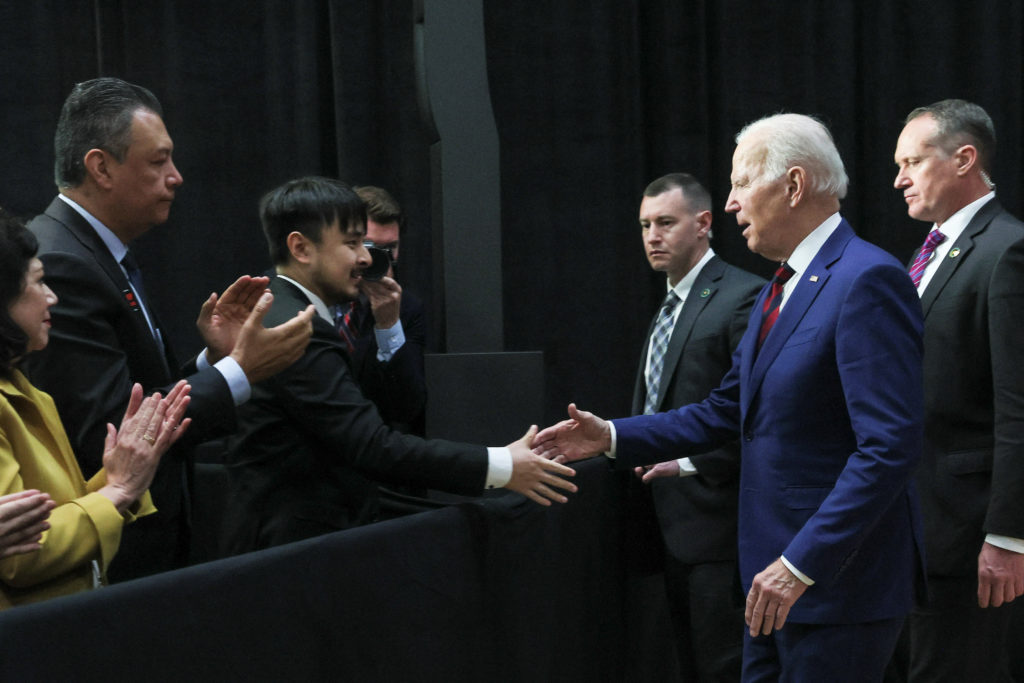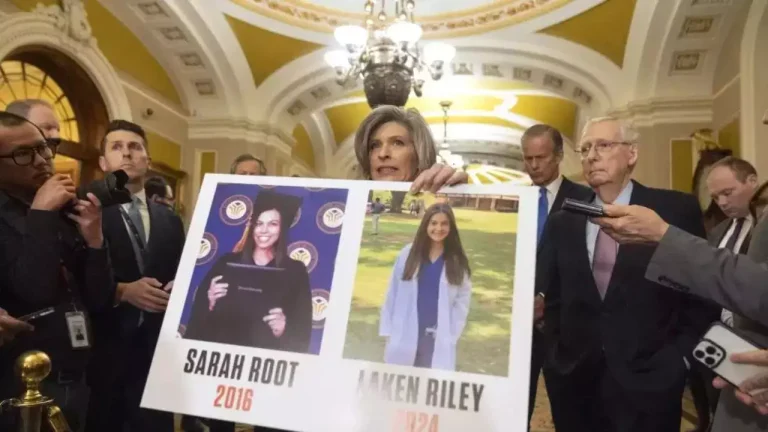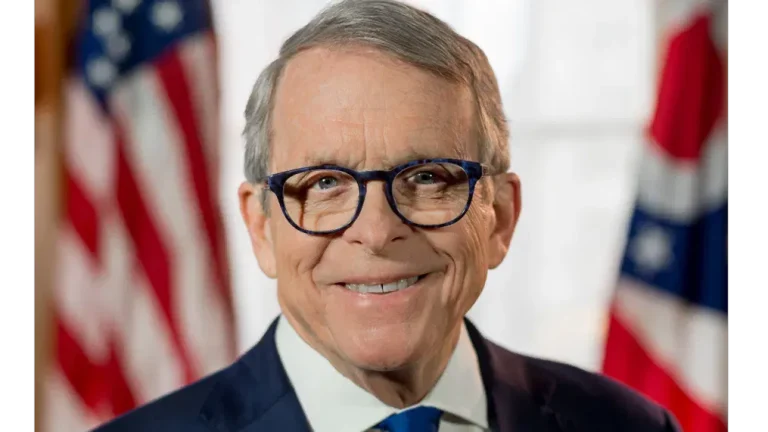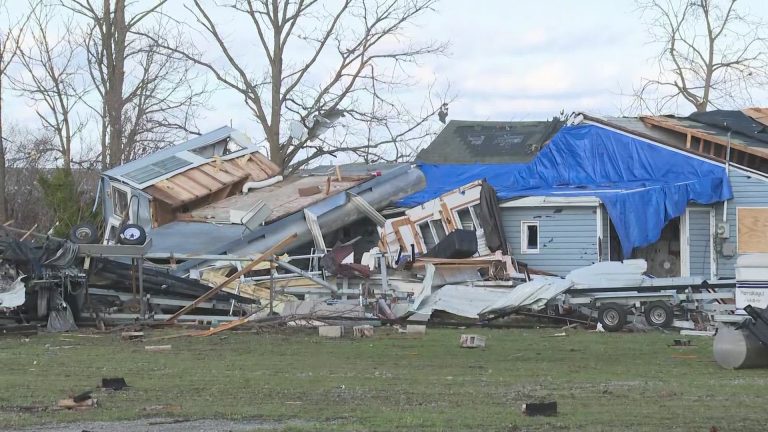Amidst rising concerns over gun violence, President Biden signed a crucial executive order on February 17th, 2024. The move responds to recent high-profile mass shootings, including one in Kansas that underscores the urgent need to address firearm accessibility.
The order focuses on enhancing firearm safety through measures such as background checks, safe storage promotion, and the strengthening of “red flag” laws.
President Biden’s order aims to tighten background checks for gun purchases to prevent individuals with potential risks from obtaining firearms.
This move, however, has sparked a heated debate between those advocating for enhanced public safety and those concerned about potential infringements on Second Amendment rights. Critics argue that the emphasis on background checks may compromise individual liberties.
The executive order also highlights the importance of promoting the safe storage of firearms. By encouraging responsible gun ownership and secure storage practices, this provision aims to reduce the likelihood of tragic incidents involving unsecured weapons. In states like Texas, where the gun culture is deeply ingrained, this emphasis on safe storage may resonate differently.
Additionally, the order seeks to strengthen the implementation of “red flag” laws, allowing law enforcement to temporarily remove firearms from individuals deemed a threat. While this provision is intended to proactively address potential risks, its application is likely to face challenges and debates, especially in states with strong ties to gun ownership.
The executive order has triggered a vigorous debate among Americans, reflecting the deeply divided nature of gun control in the country. Supporters praise the measures as crucial steps to keep firearms away from dangerous individuals, while opponents argue that the order infringes on Second Amendment rights without significantly improving firearm safety.

The executive order’s political and social implications are substantial, drawing both praise and criticism from politicians and advocacy groups. It arrives during a period of heightened political tension and polarization, making it a focal point of contention. Additionally, it prompts discussions about how Americans perceive and interact with firearms, especially in regions with strong pro-gun cultures.
The response from gun rights advocates and opponents of the executive order has been vocal, with calls for resistance and alternative measures. The order also rejuvenates discussions about broader legislative actions on gun control, with some lawmakers pushing for comprehensive measures to address the complex issue of gun violence.
Considering the United States’ historical context of gun ownership and recent executive orders, there’s a potential for future developments in gun control policy.
Related News:
- Mar-a-Lago Judge Rejects Trump’s Request for More Time in Documents Case
- California Democrats Take Strong Measures Against Organized Retail Theft with New Legislation
- Biden Ranks 14th in Expert Survey, Trump Hits Last Place
Increased background checks, a focus on safe storage practices, and strengthened “red flag” laws could shape the landscape of gun control measures in the coming years. The ongoing debate reflects the complexity of finding common ground on this deeply divisive issue, highlighting the challenges in balancing individual rights and public safety.















+ There are no comments
Add yours